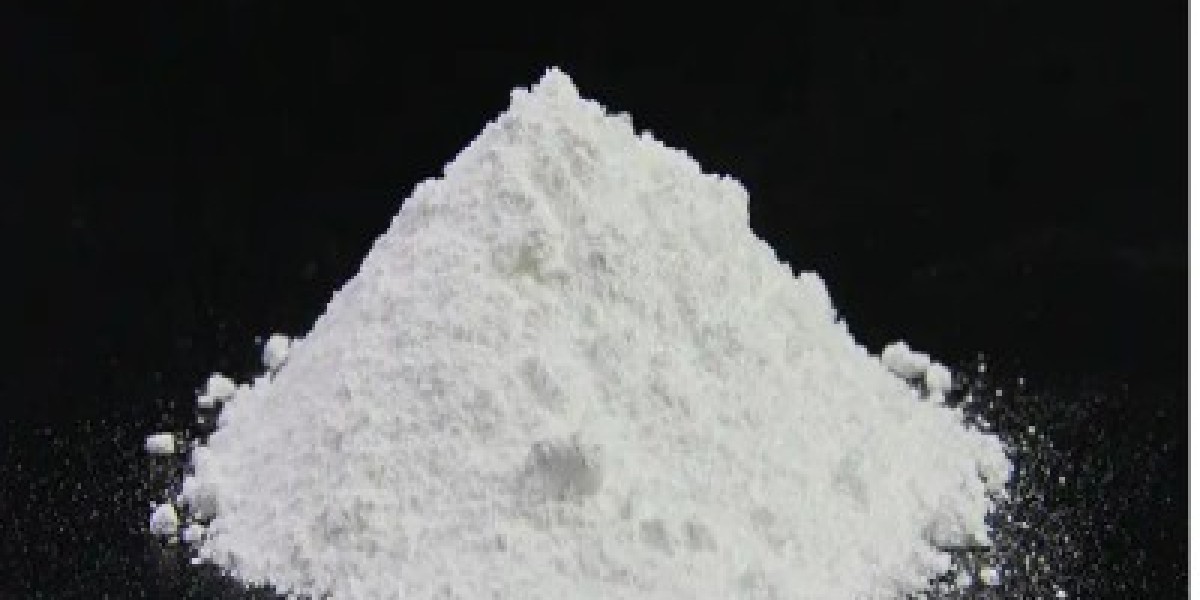Using integrated inorganic chemical suppliers can have a significant impact on small businesses, both positively and negatively. Here’s how it affects them:
Positive Impacts
1. Cost Efficiency and Savings
- Reduced Overhead: Small businesses can save on administrative costs associated with managing multiple inorganic chemical suppliers. Integrated inorganic chemical suppliers often offer better pricing due to economies of scale.
- Improved Cash Flow: Integrated supply chain solutions can provide cheaper working capital, especially for small and medium-sized enterprises (SMEs). By leveraging the creditworthiness of larger customers, SMEs can access better payment terms.
2. Operational Flexibility and Efficiency
- Rapid Response: Integrated inorganic chemical suppliers can help small businesses quickly adapt to changes in demand or market conditions. This flexibility allows them to respond faster to competitors and customer needs.
- Streamlined Processes: Automation and integration reduce manual work, speeding up operations and reducing the risk of errors. This is particularly beneficial for small businesses with limited resources.
3. Enhanced Quality Control
- Consistent Standards: Integrated inorganic chemical suppliers often have stringent quality control processes, ensuring that all products meet high standards. This consistency is crucial for small businesses looking to build a reputation for quality.
4. Improved Inventory Management
- Better Visibility: Integrated systems provide real-time data on inventory levels, helping small businesses avoid overstocking or understocking. This leads to more efficient use of resources and reduced waste.
- Just-in-Time Manufacturing: Small businesses can benefit from just-in-time manufacturing, reducing storage costs and improving cash flow.
5. Access to New Markets
- Global Reach: Integrated inorganic chemical suppliers can help small businesses enter new markets by providing access to international distribution networks. This can significantly expand their customer base and revenue opportunities.
6. Strengthened Supplier Relationships
- Collaborative Partnerships: Working with integrated inorganic chemical suppliers can lead to stronger, more collaborative relationships. This can result in better support, such as extended payment terms or shared marketing efforts.
Potential Challenges
1. High Implementation Costs
- Initial Investment: Setting up an integrated supply chain requires significant investment in technology and infrastructure. This can be a barrier for small businesses with limited budgets.
2. Increased Dependency
- Interdependency Risks: Small businesses may become overly reliant on a single supplier. If the integrated supplier faces issues, it can disrupt the entire supply chain.
3. Complexity and Disruptions
- Operational Changes: Transitioning to an integrated supply chain can cause temporary disruptions as small businesses adapt to new workflows and technologies.
4. Profit Sharing
- Reduced Margins: While integrated inorganic chemical suppliers offer many benefits, they may also require profit sharing or higher fees, which can impact the bottom line.
Summary
Using integrated inorganic chemical suppliers can provide significant benefits for small businesses, including cost savings, improved operational efficiency, and better quality control. However, it also comes with challenges such as high implementation costs and increased dependency. Small businesses need to carefully weigh these factors and consider their specific needs and capabilities before deciding to work with integrated inorganic chemical suppliers.








